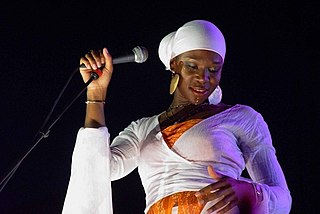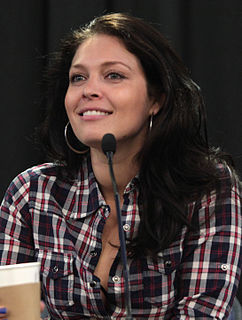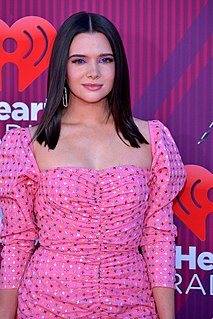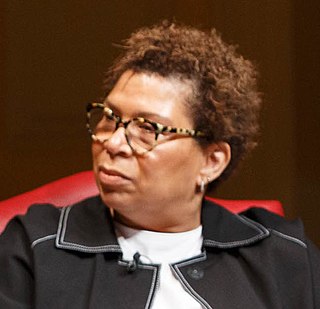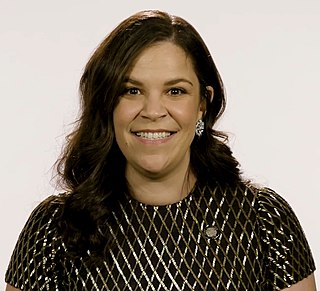A Quote by Nikki Giovanni
I prefer her [Nina Simone's] jazz period much more so than her folk period.
Related Quotes
She always had a headache, or it was too hot, always, or she pretended to be asleep, or she had her period again, her period, always her period. So much so that Dr. Urbino had dared to say in class, only for the relief of unburdening himself without confession, that after ten years of marriage women had their periods as often as threes times a week.
You know, and the fact that Nina Simone had to start playing in clubs and sing because her parents had moved north to support her music education. You know, so she had to sing. She had to make a living 'cause she was supporting her family. So poverty and race put her in this place which, you know, created enormous success, but it's not what her psyche was all about.
Nina Simone was a gifted and prolific singer, songwriter and pianist who became a powerful presence in the civil rights movement and paid a professional price for it. Behind the scenes, she struggled in a fractious, sometimes violent relationship with her husband and manager and with mental health issues that strained other relationships, including with her only daughter.
I think often people fall into the breadth trap of wanting to do too long a period of time, and obviously there's this sort of algorithm of how much depth you can put into something times how much of their life you're trying to show. My attitude has always been, I'd rather show a briefer period of time in more detail than a longer period of time in less detail.



